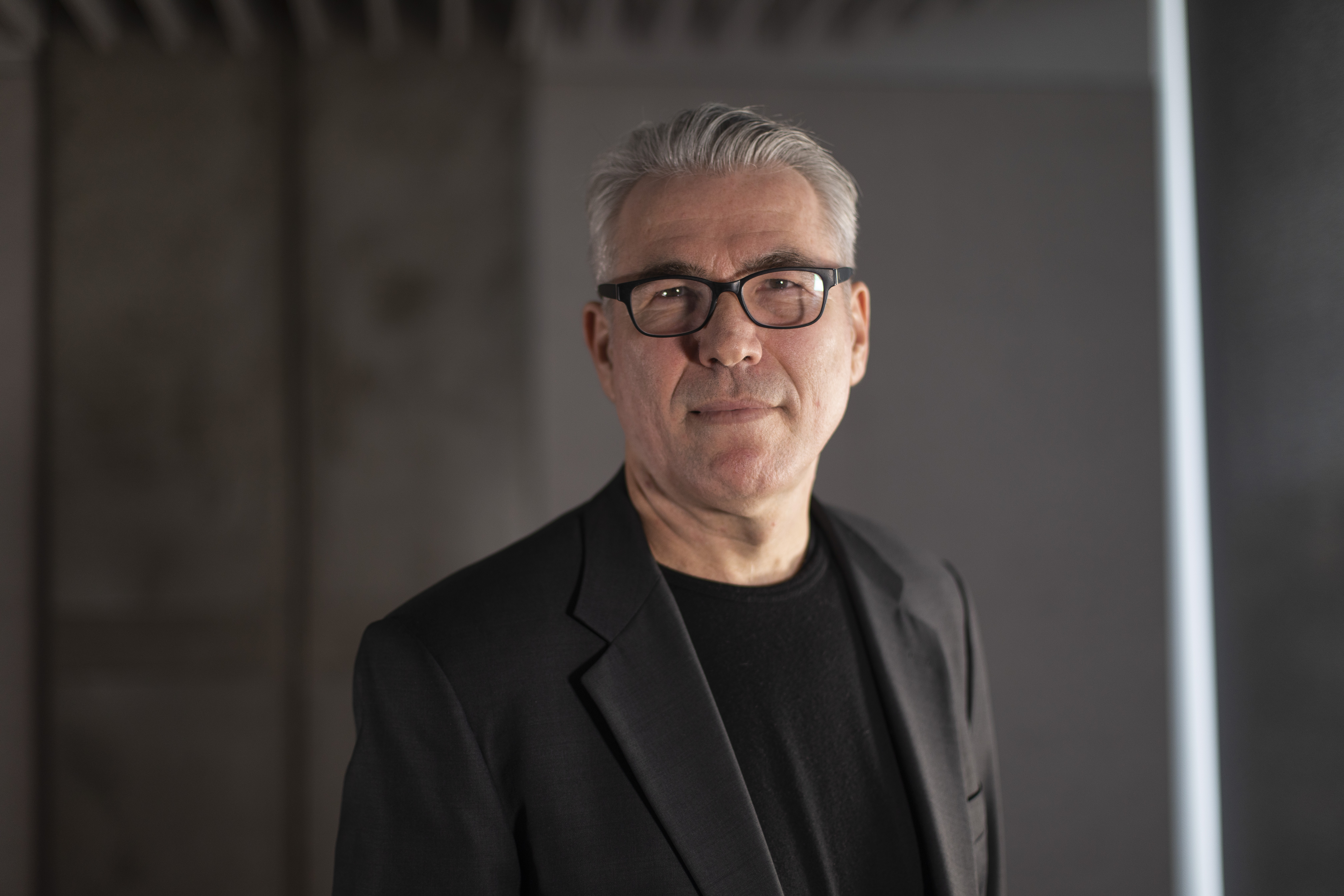Swinburne's Distinguished Professor Richard Osborne awarded prestigious NHMRC 2023 Investigator Grant

Swinburne's Distinguished Professor Richard Osborne has been awarded a prestigious NHMRC 2023 Investigator Grant.
In summary
- Distinguished Professor Richard Osborne has received a 2023 NHMRC Investigator Grant for public health excellence
- The $2.95 million grant will boost health literacy, targeting non-communicable diseases, such as cardiovascular diseases and diabetes
- Distinguished Professor Osborne's Ophelia process, endorsed by the World Health Organization, will be expanded to improve health information access
The Australian Government's lead agency for funding health and medical research, the National Health and Medical Research Council (NHMRC), has awarded Swinburne University of Technology’s Distinguished Professor Richard Osborne a coveted 2023 Investigator Grant. The funding was announced today by the Health Minister the Hon. Mark Butler MP.
“This grant highlights the world-leading research expertise of Distinguished Professor Osborne in public health. We are thrilled to see his work being recognised in addressing some of the biggest health challenges of our time,” said Professor Karen Hapgood, Swinburne’s Deputy Vice-Chancellor, Research.
Distinguished Professor Osborne was awarded an NHMRC L3 Investigator Grant, the NHMRC’s highest individual research award. The grants provide a 5-year fellowship and research support for Australia’s most outstanding researchers at all career stages.
The $2.95 million funding award will be used to scale up health literacy development for the prevention and control of non-communicable diseases (NCDs).
“The aim is to equip researchers, health services and governments with new evidence and improved strategies. Our goal is to use health literacy as a key mechanism to reduce entrenched health inequities,” he said.
“We will conduct extensive, co-designed trials focusing on chronic diseases like diabetes and cancer, and improve mental health in rural areas, state-wide services and across NSW prisons."
Elevating health systems with Ophelia
Distinguished Professor Osborne is known for developing the Ophelia (Optimising Health Literacy and Access) process, as a practical tool to effectively deliver health literacy and health systems improvement programs with a focus on equity. The approach has recently been endorsed by the World Health Organization and adopted for broad use across Europe to reduce the burden of cardiovascular diseases and diabetes. The 2023 Investigator Grant will build on this work.
"This research is set to develop and rigorously test new tools and processes, incorporating innovative digital methods. These will enable Australian and international organisations to better understand and enhance access to health information and services for individuals with low health literacy,” said Distinguished Professor Osborne.
“Importantly, the health programs we develop and test will be co-designed with the communities they intend to serve, ensuring they are both relevant and broadly implementable.”
Ophelia is used by international government agencies and has been applied in 62 countries worldwide.
“The continued investment in Ophelia will build new theory and models of effective practice to reduce the time from research to impact. It will minimise research waste that results from poor intervention development practice and poor implementation”.
-
Media Enquiries
Related articles
-

- Astronomy
- Technology
- Health
- Science
- University
- Sustainability
- Engineering
Swinburne highly cited researchers reach the top in 12 fields
Ten Swinburne academics have been named on the Highly Cited Researchers 2025 list, released by Clarivate
Tuesday 02 December 2025 -

- Technology
- Health
- Science
- University
$1.2m ARC funding to boost national X-ray spectroscopy capability through Swinburne and QUT partnership
Swinburne has secured $1.2 million in the latest Australian Research Council Linkage Infrastructure, Equipment and Facilities scheme round
Tuesday 02 December 2025 -

- Technology
- Health
- Science
- University
- Aviation
- Engineering
Swinburne’s Mobile Innovation Lab hits the road
Swinburne’s Mobile Innovation Lab is a cutting-edge mobile facility designed for research, industry collaboration, STEM education, training and outreach.
Thursday 06 November 2025 -

- Health
- Science
Swinburne and Bionics Institute announce strategic alliance to accelerate medical device research
The Bionics Institute will partner with Swinburne University of Technology in a first-of-its-kind collaboration to accelerate the development of life-changing medical devices.
Thursday 13 November 2025 -

- Social Affairs
New online hub supports improved employment for people with disability
Australia’s Centre for Inclusive Employment has launched a suite of online resources designed to increase employment for people with disability.
Monday 03 November 2025

